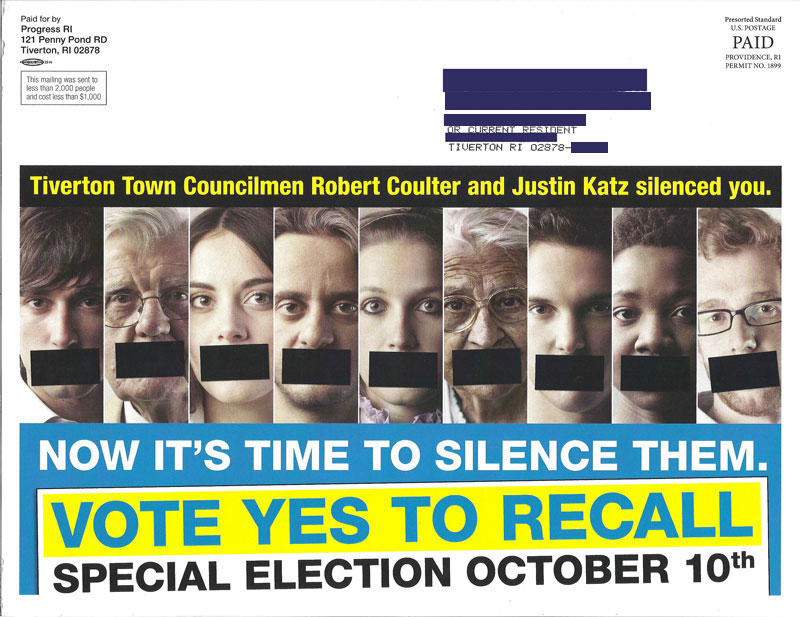The story of Providence schools’ purchase of an inspirational book took an interesting turn as a second act. Act 1 was, “We Can’t Teach Anything That Sounds Religious”; Act 2 brings, “What Are We Not Being Told About How the City Spent $187,000 on this Book?” Naturally, the reporting (and Rhode Islanders’ long, painful experience with their government) lends itself to suspicion, but an innocent explanation is still possible for details like this:
[Vernon Brundage, Jr.] published “Shoot Your Shot” last year, but it’s unclear how many copies were sold before Gallo ordered 16,510 books. Maryland business filings show Brundage didn’t establish “Shoot Your Shot Globe Enterprises,” the company Providence paid for the books, until Aug. 15.
It could be that, in the way of modern life, somebody in Providence came across this book and proposed it for distribution. The proposal might have gone around the bureaucracy a bit, gathering approvals, and then inquiry made to the self-publishing author. Upon the order of 16,510, perhaps he realized the need (or opportunity) to set up a company to handle the transaction.
This kind of serendipity happens in the entrepreneurial universe. The catch in this instance, however, is that the district’s purchasing process should at least have produced some negotiation for a better price. And (of course) there’s the reflexive anti-religious sentiment in the district (from the first link above):
Gallo said she read “Shoot Your Shot,” authored by Vernon Brundage Jr., prior to purchasing it, and the religious references didn’t alarm her. The breezy read uses stories from professional basketball stars to inspire readers to accomplish their goals.
She said the book is meant to teach “grit and perseverance,” but she now sees why some teachers were uncomfortable using it.
Despite all of the claims that we have to put the students first, here’s a question that I haven’t seen anybody even hint at asking: What if a touch of religious faith is what Providence students really need? The district would implicitly be making a religious statement if it were to declare that this could not be the case.
To be sure, a political philosophy could simultaneously hold that students need religion and that government schools cannot provide or even encourage it. If that is our stance, however, then we have to question whether we should be expending so many resources on a system that can’t provide what is needed.

